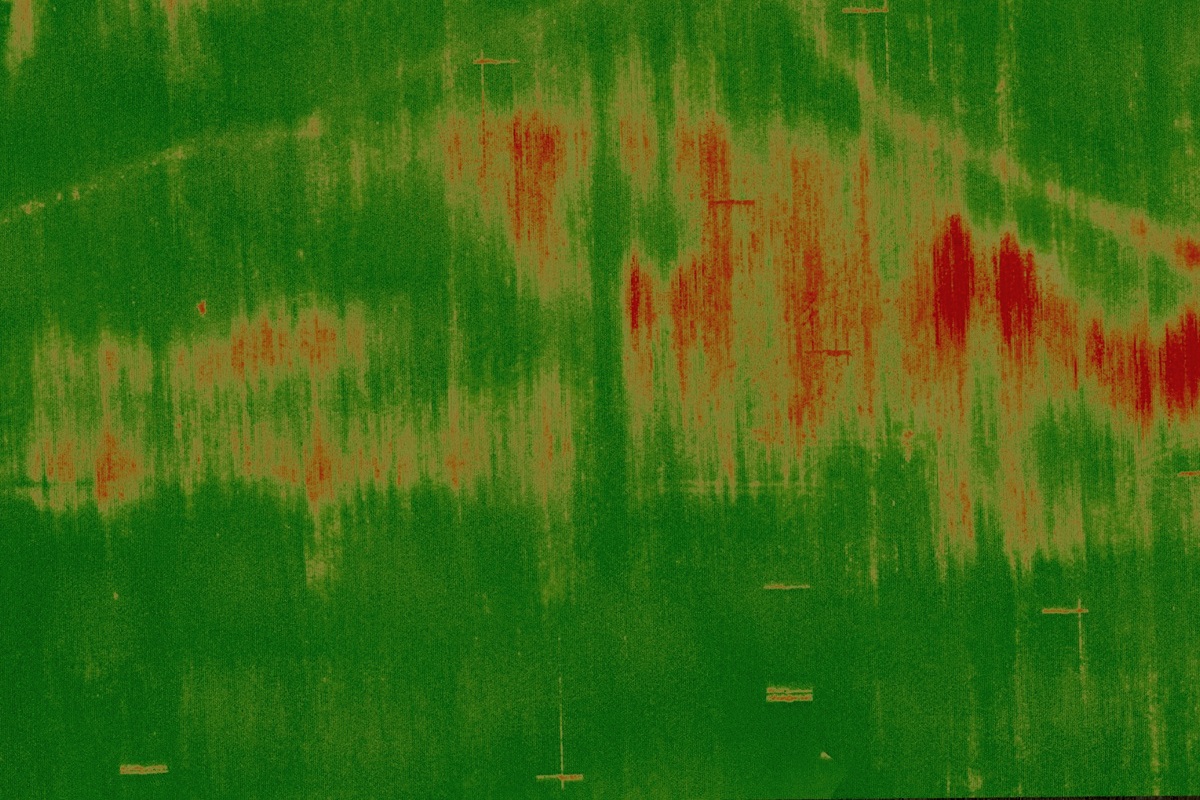The Ag Data Transparency Evaluator
Bringing Transparency to Ag Data Contracts
The problems farmers have with embracing farm data programs are well documented, but I think it comes down to three things: trust, time, and complexity. Trust--many farmers don't know what happens to their data after they send it to an ag technology provider (ATP). Time--farmers are already busy. Who has time to read detailed privacy policies and data license agreements? Complexity--farm data contracts are different than normal farm contracts.
A new effort by industry farm groups and ATPs is trying to address these issues. Step one of the process was to come up with a set of industry principles that everyone could abide--The Privacy and Security Principles for Farm Data (Data Principles). Step two is to make sure that ATPs follow the Data Principles. That where the Ag Data Transparency Evaluator comes in.
How does it work? Companies that abide by the Data Principles can use the "Ag Data Transparent" seal in their marketing materials if they truthfully answer 10 questions about how they use farm data. These 10 questions are based upon the Data Principles. Question 1 asks what "types" of data the product or service collects from the farmer. Questions 2-10 ask what happens to this data after it is uploaded to an ATP.
An ATP will fill out the form and submit to an independent third party "administrator" for evaluation. The third party will review the answers and cross-reference the answers with the data and privacy policies used by that company. If the answers are transparent and correct, the ATP will get to use the Ag Data Transparent seal. If the answers are incorrect, the ATP will be given an opportunity to revise their policies to bring them in line with the Data Principles.
Who is behind this effort? The Ag Data Transparency Evaluator is a non-profit corporation backed by both farmer-led industry organizations and ATPs. These include AGCO, Ag Connections, Agrible, American Farm Bureau Federation, American Soybean Association, Beck’s Hybrids, Conservis, CNH Industrial, Crop IMS, Dow AgroSciences, DuPont Pioneer, Farm Dog, Farmobile, Granular, Grower Information Services Cooperative, GROWMARK, Independent Data Management, John Deere, National Association of Wheat Growers, National Corn Growers Association, National Farmers Union, National Sorghum Producers, and The Climate Corporation.
There are two important facts about the governing structure. First, the farmer-led organizations must approve all significant decisions made by the corporation. This means that the companies that are under evaluation cannot influence the review process. Second, the ATPs involved in this effort include all sizes, from large multi-billion dollar publicly traded companies to small start-ups. The 10 questions and review process work for both.
How do farmers use the Evaluator? There are two ways farmers can use the Evaluator. Farmers can look for the "Ag Data Transparent" seal, which indicates that the company has been through the evaluation process. Farmers can also go to the Ag Data Transparent website and compare different company offerings.
Why is this project important? Some of the biggest productivity gains in US agriculture in the next ten years are going to come from capturing ag data and use big data analytics. But for this to happen, farmers have to use the data tools available. And in order to make it easier for farmers to embrace these tools, we need to give farmers the ability to easily decide whether to use certain products offered by ATPs. The Ag Data Transparency Evaluator does that, giving farmers a quick and easy tool to evaluate big data products.
In case you are wondering why this project matters to me, because I am serving as the Ag Data Transparency Evaluator's administrator. But even more importantly, I believe that the ag data contracts and policies that are out there can be better. This project will help farmers understand the contracts that they sign.
Go to AgDataTransaparent.com for more information.



